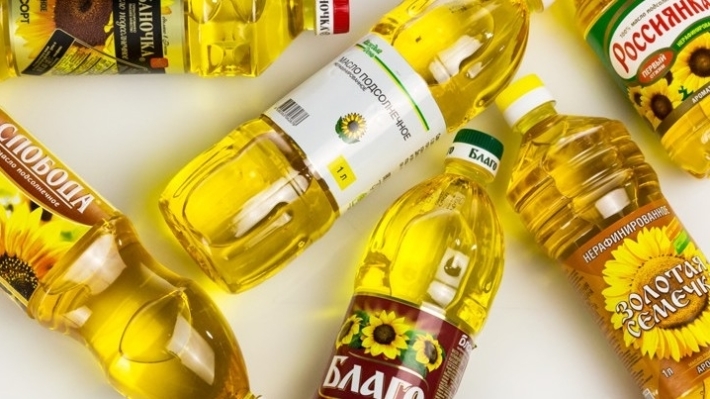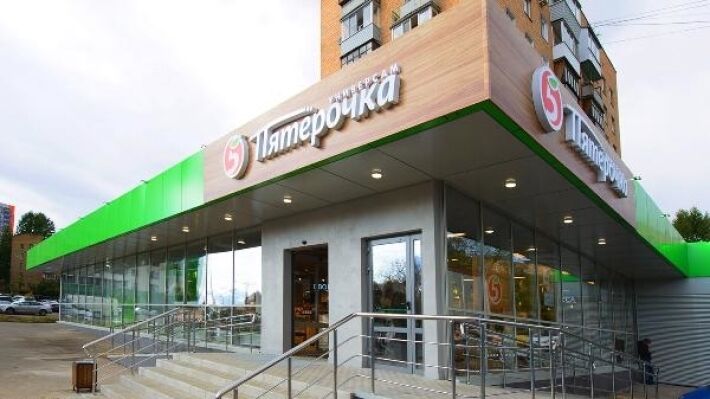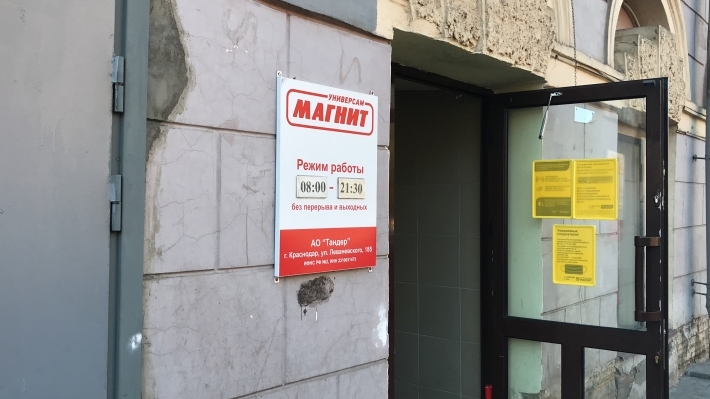December agreements on sugar and sunflower oil created a negative situation in the Russian market, noted in conversation with ABF "Economics today» Executive Director of the analytical center "SovEcon", economist Andrey Sizov.

16 December 2020 year of the Ministry of Industry and Trade of the Russian Federation, The Ministry of Agriculture of the Russian Federation and business entities signed agreements on the sale of food products, who introduced a system of regulation of prices for sunflower oil and sugar in the country.
Sugar prices fixed in agreements are 36 rubles per kg in wholesale and 46 rubles in retail, for sunflower oil - 95 rubles per liter in wholesale and 110 rubles in retail. The key mechanism of "price containment" was the strict obligations of producers.
They will operate from at least 20 December 2020 year on 1 April 2021 of the year.
Most have lost, but someone earned
Agreements included companies, which account for more than 90% sugar products and 85% sunflower oil in Russia. The beneficiaries of this system are the trading networks participating in it..
These include JSC "Tander" (retail chain "Magnit"), LLC "Corporate Center IKS 5" (retail chains "Pyaterochka", "Crossroads", "Chizhik" and "Carousel"), "MERCURY RETAIL GROUP LIMITED" (trading networks "Dixy", "Victoria", MEGAMART, "Bristol", "Red and White"), LLC "Metro Cash & Carry" (trade network "Metro") and LLC "Format" (trade network "Pobeda").

Agreements have resulted in, that medium and small retail chains are experiencing supply problems and are faced with a shortage of goods.
Manufacturers do not supply sugar and sunflower oil on agreed terms and ignore the requests of small and medium retail chains. As a result, structures not participating in the agreements do not receive these goods in the required volume., and this leads to a deficit.
“Independent stores and small retail chains are in a difficult situation, not participating in agreements and unable to buy goods at the price specified in them. If you take sugar, they usually bought from distributors, packing and delivering goods. Only distributors do not participate in agreements, therefore, small chains and shops are forced to buy goods at a different price ", - Sizov concludes.
Often at the price specified in the agreements, small and medium-sized retail chains receive only part of the request. The rest they have to buy from packaging companies., which are not included in the system of agreements and have the right to set the price higher.
Attempts to buy sunflower oil and sugar directly from factories fail. At first, manufacturers usually work with large players, and secondly, demand from small and medium retail chains a rigid format of cooperation.

“Nobody is willing to supply sugar and sunflower oil to small and medium-sized retail chains.. Sugar producers and, Firstly, sunflower oil lose tens of percent of the cost on supplies at reduced prices ", - summarizes Sizov.
Another reason for the deficit was that, that some market players buy sugar and sunflower oil and store them in warehouses, to sell after the end of the agreements, t. it is. from 1 April 2021 of the year. It is not easy to assess the scale of this activity, but the situation demonstrates, that in a market economy, price restrictions turn into unfair enrichment.
State regulation of prices threatens with a deficit
“The validity of the agreements showed, that they are definitely harmful. Key participants were herded there, and butter factories were told: “Don't build new factories, so we can adjust your prices ". Sugar producers were also told: “Don't build new factories, because we can adjust your prices ". Beet growers have not been forgotten either.: “Don't plant beets, because we can adjust sugar prices ". These are all very bad signals for business. ", - states Sizov.
AT 2021 investment in the industry will decrease, and manufacturers will not strive to increase production volumes. This will lead to a new rise in prices, regardless of their volatility in the world market., a, perhaps, and to the real scarcity.

The modern deficit is artificial, but it leads to a decrease in investment, to the freezing of production and a bad atmosphere in the market.
If prices are regulated, then private producers will not strive for large volumes of production, which means, that this industry will begin to degrade. The needs of the domestic market of the Russian Federation will not go anywhere, therefore, after a couple of years of this practice, it may become necessary to purchase additional purchases of these groups of goods abroad, and this will already have to spend currency.
Roughly the same situation was in the USSR since the sixties for wheat.. The United States even periodically put pressure on this aspect of our imports..
Retail chains are in the most advantageous position, signatories to these agreements. In fact, all dumping is now implemented through them., and the information is received, that prices in these stores have not always decreased to the indicated ranges.

“The price of unrefined oil in bulk in bulk is 100 thousand rubles per ton, or 100 rubles per liter. In such a situation, the price of one bottle of refined oil should be under 180-200 rubles, and now we are standing on 110 rubles per liter. As a result, producers lose 70-90 rubles from one bottle, and this is a huge part of the proceeds ", - Sizov concludes.
In such situation, as Sizov notes, manufacturers are forced to follow the path of the "Italian strike". Formally, they do something, but are not eager to supply goods at such prices, because this is a huge lost profit.











